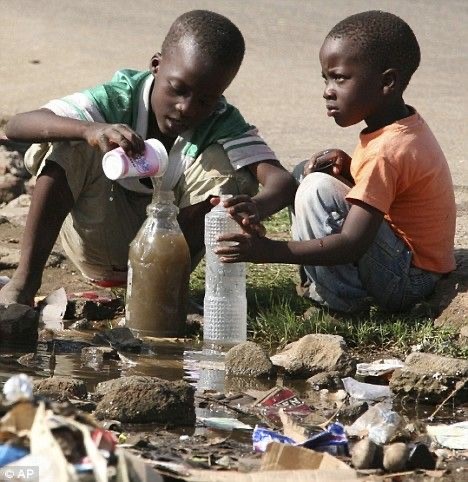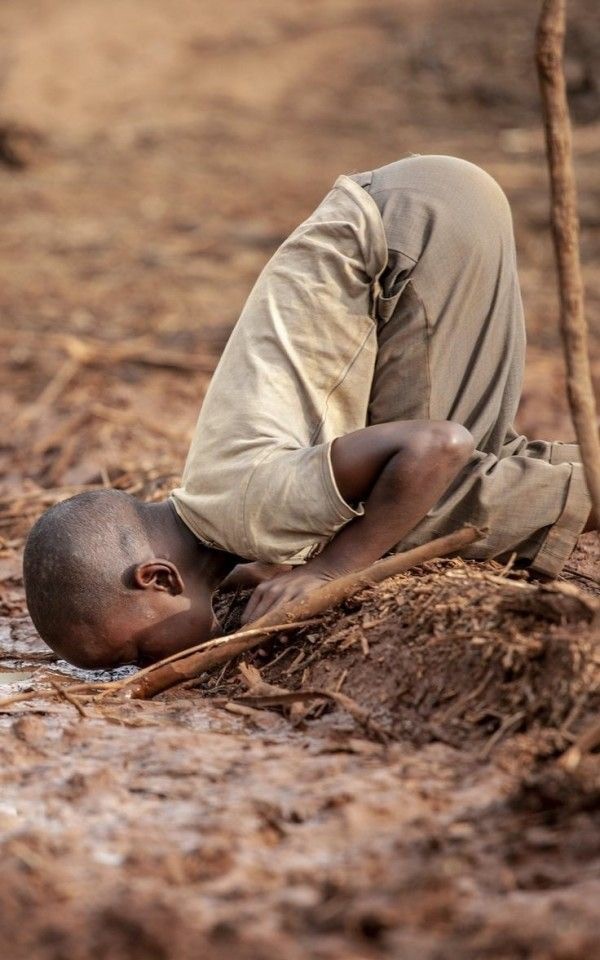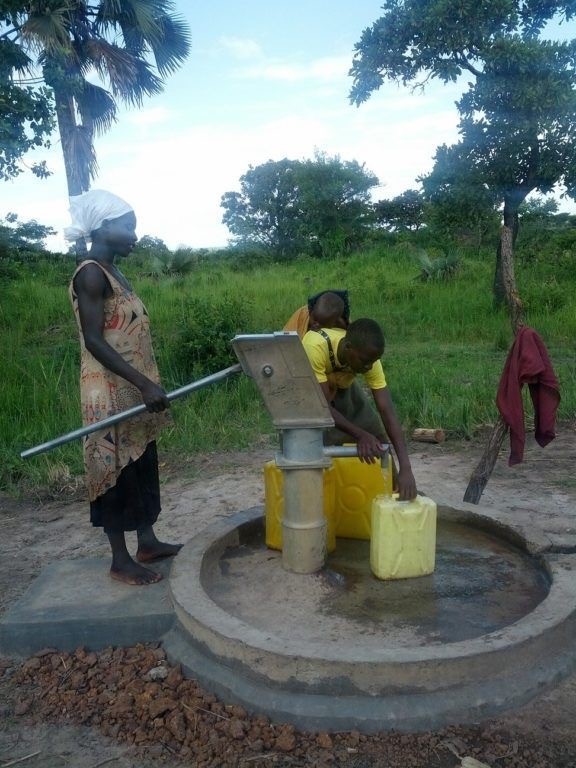The intrinsic essence of water, as a fundamental elemental resource, not only sustains life but also underpins the multifaceted tapestry of socio-economic advancement. When contextualised within the boundaries of Nigeria, a nation renowned for its rich cultural diversity and burgeoning economic potential, the compelling urgency of ensuring both the abundance and quality of water resources assumes a paramount role.
Within this intricate socio-environmental milieu, three foundational pillars of concern emerge as the formidable challenges encapsulating the purview of Nigeria’s water resource management: the issues of accessibility, water purity, and the enduring principles of sustainability.

Nigeria, with a rapidly growing population, faces enormous challenges in guaranteeing widespread water accessibility. According to UNICEF findings, more than 60 million Nigerians are without access to safe and uncontaminated drinking water. The situation reaches critical proportions in rural enclaves, where communities typically rely on contaminated water reservoirs, resulting in the spread of waterborne diseases and long-term health consequences.
In urban areas, the problem manifests itself as both a lack of water and an unsettlingly uneven distribution of resources. While some city dwellers enjoy continuous access to potable water, a sizeable minority is left to fend for themselves, forced to rely on risky alternatives. This inequality in access exacerbates pre-existing socioeconomic imbalances, affecting the most marginalised elements of the community disproportionately.

Merely ensuring accessibility to water is insufficient for the preservation of good health; the quality of water holds an equal and indispensable role. Nigeria grapples with a formidable conundrum in this regard. Water quality stands as a formidable challenge, besieged by insidious contaminants such as bacteria, viruses, heavy metals, and industrial pollutants that infiltrate water sources, rendering them perilous for human consumption. This infiltration of impurities remains an inexorable catalyst for the prevalence of waterborne afflictions like cholera, typhoid, and diarrhoea, largely perpetuated by subpar sanitation practices and the ubiquitous contamination of water reservoirs.
Water quality issues extend beyond the borders of rural areas and contaminate even the busy urban environments. The integrity of the water quality is constantly threatened by inadequate treatment facilities and ageing infrastructure. Climate change, which increases the danger of droughts and decreases in water supply while also strengthening the concentration of toxins in these vital water sources, further exacerbates these problems.
Sustainability stands as the pivotal axis upon which Nigeria’s water predicaments revolve. The nation finds itself in the imperative position of crafting a strategy that harmonises present necessities without jeopardising the prospects of future generations. Unviable water management practices, exemplified by the excessive extraction of groundwater and the deleterious impacts of deforestation, exact a profound toll, leading to consequences as severe as land subsidence and diminished water reservoirs.

To address these serious concerns, Nigeria must embark on a major revamp of its water infrastructure, with a particular emphasis on extending access to underserved rural hinterlands. Fostering sustainable management of water resources should be a top priority, with an emphasis on practises that promote conservation and efficiency. Implementing measures such as rainwater collecting and the deployment of efficient irrigation systems can be critical in increasing agricultural sustainability and reducing waste of this valuable resource.
Mitigating Nigeria’s water predicaments demands a comprehensive and multifaceted strategy:
1. Infrastructure Investment: Significant financial resources must be allocated to the creation, maintenance, and upgrade of water infrastructure. This includes the development and renovation of water treatment plants, pipelines, and distribution networks.
2. Waste Management: Improved sanitation practises and the creation of effective waste disposal systems are critical in preventing water reservoir contamination.
3. Community Participation: Active community participation in water management endeavours has the potential to provide sustainable solutions that are specifically adapted to their own needs and conditions.
4. Climate Resilience: Adopting adaptive techniques, such as growing drought-resistant crops and putting in place strong flood control systems, assumes essential importance in order to prepare for the hardships brought on by climate change.
5. Education and Awareness: Raising awareness of water quality standards and conservation practises has the potential to empower local people and provide them the tools they need to protect their priceless water resources.

Undoubtedly, Nigeria’s water problems are difficult, but they are not insurmountable. Accessibility, quality, and sustainability are intrinsically intertwined, and advancement in one area might spark favourable changes in the others. Nigeria has the ability to overcome these water-related challenges, ensuring a healthier and more affluent future for its whole population. This is possible via determined collective efforts, supported by government assistance and active community engagement.
The path forward may be arduous, yet it is a path that Nigeria must traverse to safeguard its water resources and the well-being of its people. By directing investments toward infrastructure, advocating for sustainable practices, and nurturing awareness, Nigeria can transform this water challenge into a conduit for growth and prosperity.
Sources
- https://www.linkedin.com/pulse/challenges-water-resources-development-managementnigeriadewumi?utm_source=share&utm_medium=member_ios&utm_campaign=share_via
- https://www.noi-polls.com/post/access-to-clean-water-is-still-a-major-challenge-in-nigeria
- https://www.wateraid.org/ng/blog/achieving-clean-water-sanitation-and-hygiene-for-all-in-nigeria




